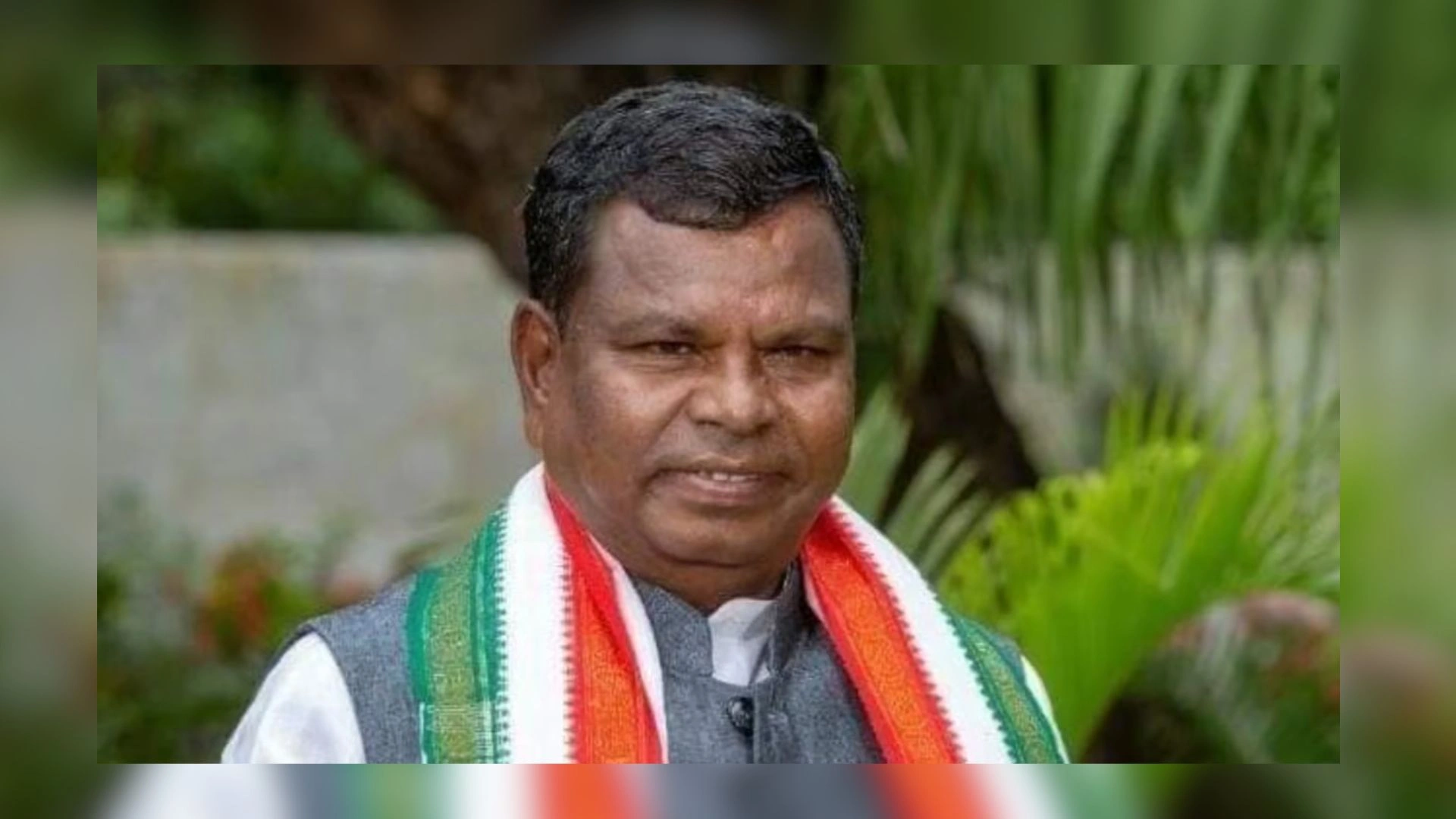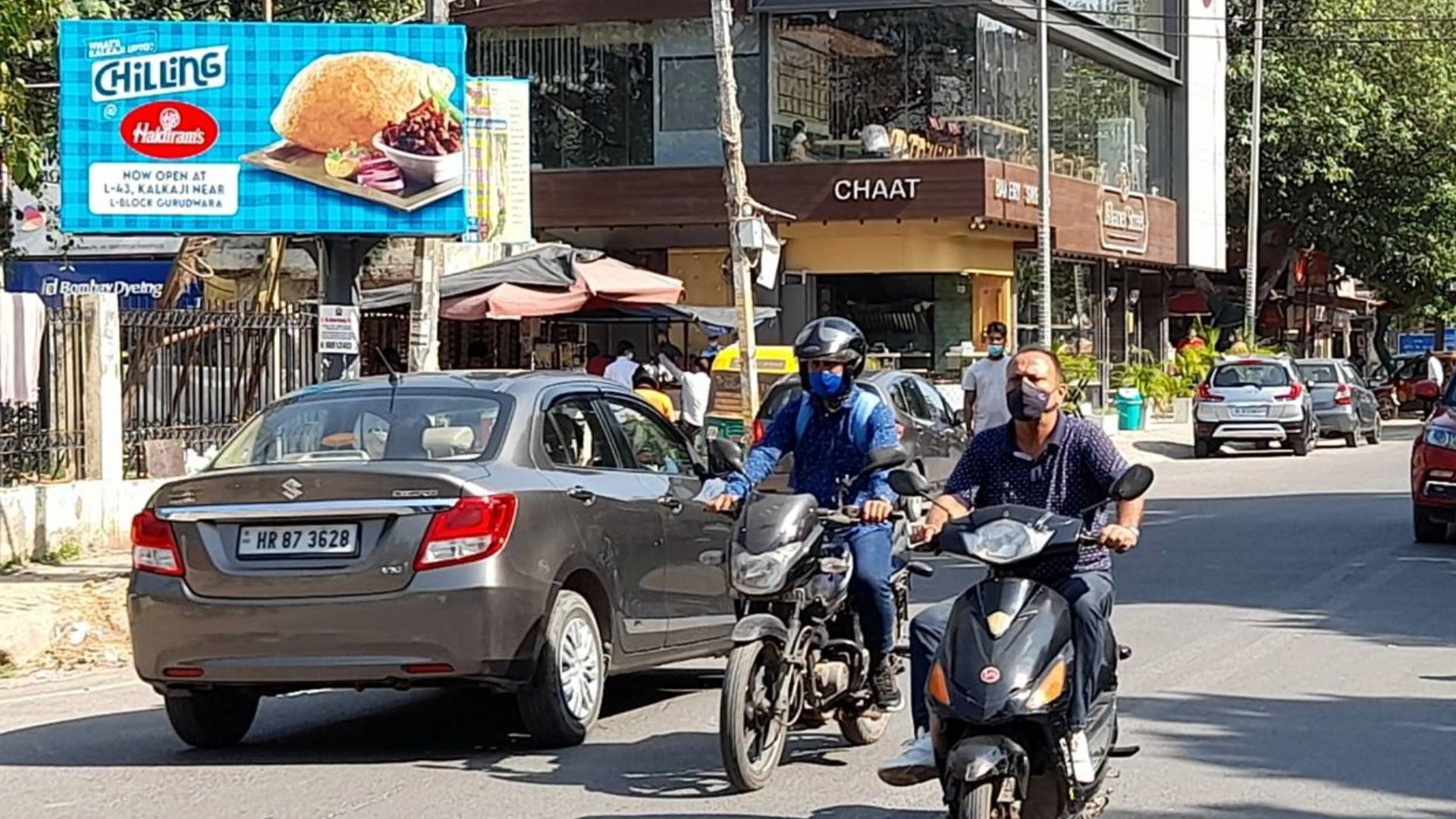Impeached South Korean President Yoon Suk Yeol was taken into custody on Wednesday after authorities conducted a raid at his residence, following last month’s controversial declaration of martial law. This marks a historic moment as Yoon becomes the first sitting South Korean president to be arrested.
Yoon, who faces insurrection charges, is also the third South Korean president to face impeachment by parliament. Should the Constitutional Court uphold this decision, he would become the second leader removed from office.
Short-Lived Martial Law and Arrest Attempts
Yoon Suk Yeol, who assumed office in May 2022, faced mounting scandals before his December 3 declaration of martial law, citing “anti-state forces” and alleging unverified claims of electoral fraud. Parliament swiftly voted down his decree, leading to his impeachment pending a Constitutional Court trial.
Initially, Yoon resisted questioning and evaded an arrest attempt on January 3, aided by loyal guards. However, a larger police force succeeded in arresting him during a second attempt on Wednesday. Authorities must now seek a fresh warrant to extend his custody beyond the initial 48-hour detention.
Meanwhile, the Constitutional Court has commenced proceedings to determine the validity of Yoon’s impeachment. If the court upholds the parliament’s decision, Yoon will be removed from office, triggering fresh presidential elections within 60 days.
Historical Precedents: South Korean Leaders in Crisis
Park Geun-hye: Impeachment and Imprisonment
In December 2016, Park Geun-hye, South Korea’s first female president, was impeached by parliament. The Constitutional Court upheld this decision in March 2017, leading to her indictment and imprisonment.
Park, the daughter of former dictator Park Chung-hee, faced accusations of soliciting tens of millions of dollars from major conglomerates, including Samsung. Additional allegations included sharing classified documents, blacklisting critical artists, and dismissing dissenting officials. In 2021, she was sentenced to 20 years in prison but was pardoned later that year by her successor, Moon Jae-in.
Notably, Yoon Suk Yeol, then a Seoul prosecutor, played a significant role in Park’s removal and subsequent imprisonment.
Lee Myung-bak: South Korean Sentenced For Corruption
Park’s predecessor, Lee Myung-bak, served as president from 2008 to 2013. In 2018, he received a 15-year prison sentence for corruption, including accepting bribes from Samsung in return for favors. Lee was pardoned by President Yoon in December 2022.
Roh Moo-hyun: A Tragic End
Roh Moo-hyun, president from 2003 to 2008, was a proponent of improved relations with North Korea. In 2009, he died by suicide amid an investigation into payments received by his family from a wealthy shoe manufacturer.
Chun Doo-hwan and Roh Tae-woo: Military Rule and Convictions
Chun Doo-hwan, known as the “Butcher of Gwangju” for his brutal suppression of a 1980 uprising, stepped down in 1987 following mass demonstrations. Along with his successor Roh Tae-woo, Chun faced convictions for treason, corruption, and other charges related to their military coup and human rights abuses. Both men were later granted amnesty in 1998 after serving brief prison terms.
Park Chung-hee: Assassinated Dictator
In October 1979, President Park Chung-hee was assassinated by his intelligence chief during a private dinner. His death led to a power vacuum, eventually exploited by Chun Doo-hwan and Roh Tae-woo, who staged a coup later that year.
Earlier Leaders: Overthrow and Exile
Yun Po-sun, South Korea’s president in the early 1960s, was overthrown in a 1961 military coup led by Park Chung-hee. Yun retained a ceremonial role until Park consolidated power through an election in 1963.
South Korea’s first president, Syngman Rhee, resigned in 1960 following a student-led uprising against his rigged election. He lived in exile in Hawaii until his death in 1965.
Also Read: Timeline Of Events That Led To The Arrest aof South Korean President Yoon Suk Yeol



















